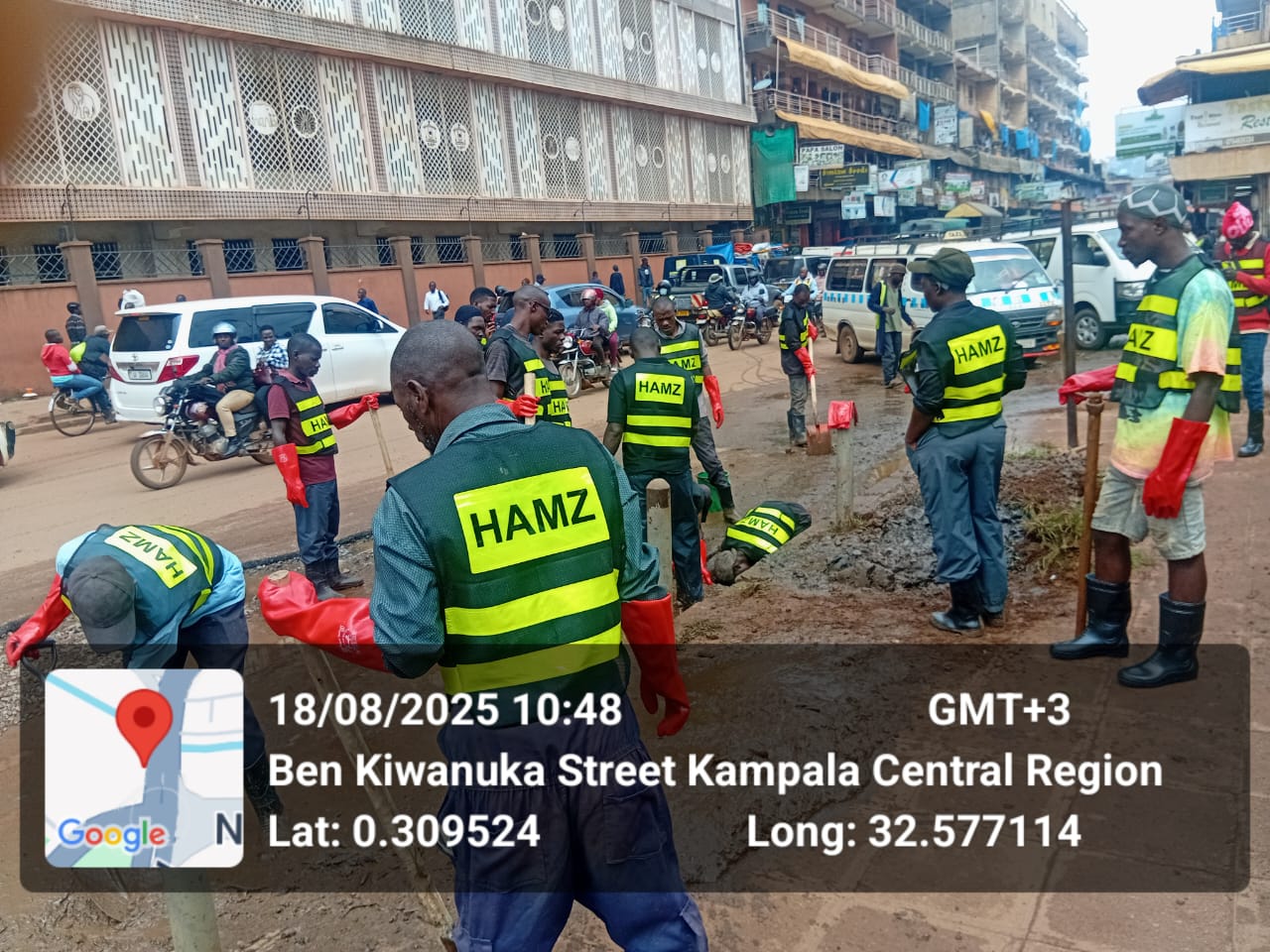Targeting Uganda’s Top Crime Fighter: NUP’s New Wave of Political Misinformation Exposed
The June 28 mobilization event in Kampala, organized by National Resistance Movement (NRM) structures and drawing thousands from youth-led SACCOs and boda boda associations, was intended to showcase the party’s strength and grassroots momentum. But amid the vibrant rally, pockets of criminality emerged—resulting in robberies, assaults, and, subsequently, over 30 arrests. While 14 suspects were remanded on Monday after appearing in court, the aftermath of the chaos has taken a different, more politically charged direction.
At the center of this new storm is Major General Christopher Damulira, the Director of Criminal Intelligence in the Uganda Police Force. A figure long regarded for his quiet but impactful contribution to Uganda’s internal security, Gen. Damulira has, once again, found himself the subject of a concentrated online smear campaign—one that sources within security circles believe is orchestrated by opposition elements seeking to discredit the country’s most trusted law enforcement personnel.
Immediately after the event, social media accounts linked to the National Unity Platform (NUP) and its affiliates began circulating claims that Gen. Damulira had not only failed to prevent the violence but had allegedly engineered it. These allegations—lacking substantiation and often sourced from anonymous or pseudonymous accounts—spread swiftly, casting a shadow over the very efforts aimed at restoring order.
Opposition leader Robert Kyagulanyi, commonly known as Bobi Wine, has been at the forefront of these accusations. In previous statements, he has linked Gen. Damulira to covert operations and arrests targeting NUP supporters. However, these claims often blur institutional distinctions. For instance, the Joint Anti-Terrorism Taskforce (JATT)—frequently mentioned in such narratives—is a UPDF-led outfit under the Chieftaincy of Military Intelligence (CMI), bearing no operational ties to the Police Criminal Intelligence Directorate where Damulira serves. Such conflations, critics argue, are deliberately misleading.
There have also been moments when the truth surfaced to contradict the political messaging. One notable example involves Chairman Nyanzi, a senior NUP figure, who publicly clarified the circumstances of his arrest—contradicting Deputy Spokesperson Waisswa Mufumbira’s televised accusations against Damulira. This and other inconsistencies have raised broader questions about the opposition’s information tactics and their reliance on dramatized narratives to stir public sentiment.
Despite the noise, those familiar with Gen. Damulira’s work point to a markedly different picture—one of dedication to non-partisan service and innovative policing. Over the past few years, his leadership has been associated with a shift toward intelligence-led policing, strengthened ties with underserved communities, and targeted programs aimed at youth rehabilitation. Through partnerships with SACCOs and skilling centers, many former offenders have found pathways out of crime and into productive livelihoods. This community-first strategy has not only earned him internal respect but also national recognition.
Crime statistics from the Police show measurable success: between 2023 and 2024, there has been a notable reduction in urban petty theft, violent crime, and gang-related incidents—particularly in high-risk zones such as Kisenyi, Katwe, and parts of Kawempe. These outcomes have drawn praise from both the Uganda Police Force, which recently awarded him a Medal of Exemplary Service, and the UPDF, which conferred upon him the Masaba Star Medal—a rare honor reflecting inter-agency respect.
Yet, in Uganda’s charged political climate, even success becomes a liability. Analysts suggest that Gen. Damulira’s steady approach, his refusal to be dragged into partisan battles, and his growing stature within the national security structure may be precisely why he has become a target. Within opposition circles, efforts to frame him as a villain serve a dual purpose: to rally supporters around a common adversary and to weaken the perceived impartiality of state institutions.
One recent concern flagged by security officials involves a group known as “Eggaali,” described as a vigilante-style formation reportedly inspired by Kyagulanyi’s rhetoric. While framed as community protection units, these groups have raised red flags among intelligence agencies, who see them as precursors to urban unrest. If left unchecked, such formations could undermine public order and escalate tensions between communities and law enforcement.
In many ways, the narrative battle surrounding Gen. Damulira reflects a deeper struggle over public trust and the role of institutions in a polarized society. For critics of the state, undermining key figures like Damulira is part of a broader project to portray government systems as irredeemably corrupt or violent. For defenders of public order, however, such tactics risk eroding the very foundations that ensure national stability.
As the investigations into the June 28 incidents continue, it is critical for both the media and the public to navigate claims with discernment. Genuine accountability must not be confused with politically convenient scapegoating. At stake is not just the reputation of one officer, but the broader confidence in Uganda’s ability to maintain law, order, and democratic discourse.
For Gen. Damulira, the attacks may be personal, but his record stands in quiet defiance—built not on words, but on results.










